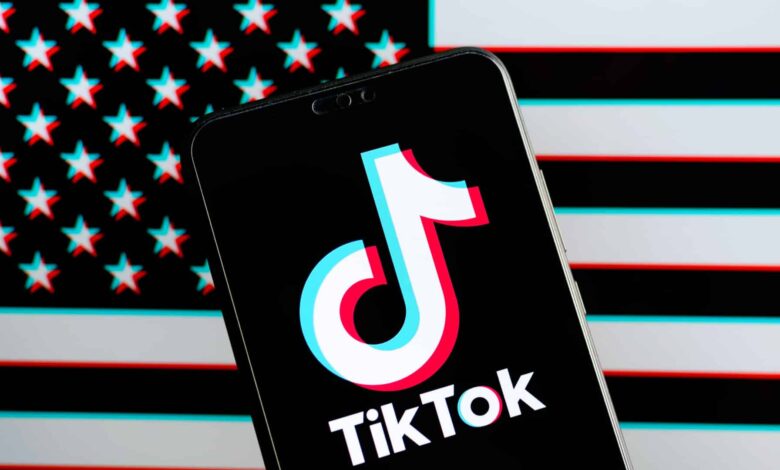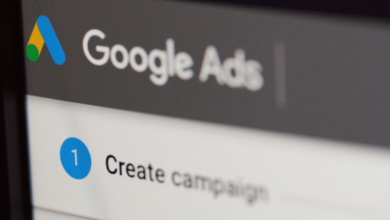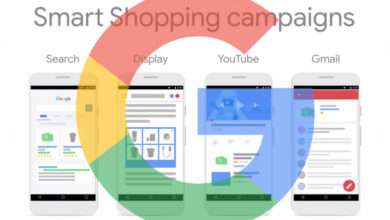Essential Information You Must Have

The Supreme Court Upholds TikTok Ban: What You Need to Know
Overview
The Supreme Court today unanimously upheld a law requiring TikTok’s Chinese parent company, ByteDance, to sell its U.S. operations by this Sunday or face an effective ban. This decision could make TikTok unavailable for many U.S. users as soon as this weekend.
Key Points
- The court backed the Protecting Americans from Foreign Adversary Controlled Applications Act, a law signed by President Biden in April to address national security concerns tied to TikTok’s data collection practices and ByteDance’s ties to China.
- The ruling means third-party platforms like Apple and Google could be penalized if they continue to support the app after the January 19 deadline.
Implications
State of play. ByteDance has refused to divest TikTok, putting the app on a collision course with U.S. regulators. Without compliance, TikTok could be removed from app stores, making updates unavailable and effectively rendering the app non-functional over time.
- Existing users may retain access to the app temporarily, but ByteDance has also signaled it might shut the platform down entirely if forced to divest.
Why we care. TikTok’s potential ban could cut off access to its massive U.S. audience of over 170 million users, particularly Gen Z and Millennials. Campaigns reliant on TikTok’s unique engagement, influencer partnerships, and trend-driven marketing will face disruptions.
If you currently have such TikTok campaigns running, you will need to quickly reallocate budgets to alternative platforms like Instagram Reels or YouTube Shorts, potentially increasing costs and complexity. Additionally, the situation highlights the need to prioritize data security and diversify advertising strategies to mitigate future risks.
Reactions
- Supreme Court. “While data collection is common in the digital age, TikTok’s size and susceptibility to foreign adversary control pose an unparalleled national security risk,” the court stated in its opinion.
- White House. Press Secretary Karine Jean-Pierre reaffirmed President Biden’s position, emphasizing that TikTok should remain available but only under ownership that satisfies security concerns.
- Critics. Civil liberties groups, like the Center for Democracy and Technology, argue the decision undermines free expression.
- “TikTok is a platform for news, creativity, and business promotion—core activities protected under the First Amendment,” said Kate Ruane, the group’s director.
Future Outlook
What’s next. TikTok’s future now rests in the hands of the incoming administration. President-elect Donald Trump, who takes office on Monday, has indicated he may seek a “political resolution” to the issue.
Meanwhile, rival platforms like Instagram and YouTube are preparing for an influx of TikTok creators and users seeking alternatives.
Between the lines. The Chinese government is reportedly considering contingency plans, including having Elon Musk acquire TikTok’s U.S. operations, according to Bloomberg News. This underscores Beijing’s strategic interest in maintaining a foothold in the U.S. market.
Conclusion
This landmark decision sets a precedent for U.S. national security policy in the digital age, marking a turning point for foreign-owned apps operating in the U.S. With the deadline looming, TikTok users and creators face an uncertain weekend, and the app’s fate remains in flux.
FAQs
Q: What law did the Supreme Court uphold regarding TikTok?
A: The Supreme Court upheld the Protecting Americans from Foreign Adversary Controlled Applications Act, which requires ByteDance to sell its U.S. operations by a set deadline.
Q: How will the TikTok ban impact users?
A: The TikTok ban could potentially make the app unavailable for many U.S. users, disrupting access to its unique content and engagement opportunities.
Q: What alternatives are available for TikTok users and creators?
A: Users and creators affected by the TikTok ban may consider shifting to platforms like Instagram Reels or YouTube Shorts as alternatives for their content.
Q: What are the national security concerns associated with TikTok?
A: TikTok’s data collection practices and ByteDance’s ties to China raise concerns about potential foreign adversary control and national security risks.
Q: How are other platforms preparing for the potential influx of TikTok users?
A: Platforms like Instagram and YouTube are gearing up to accommodate TikTok creators and users seeking alternative platforms in light of the ban.


